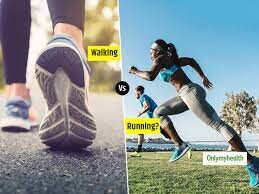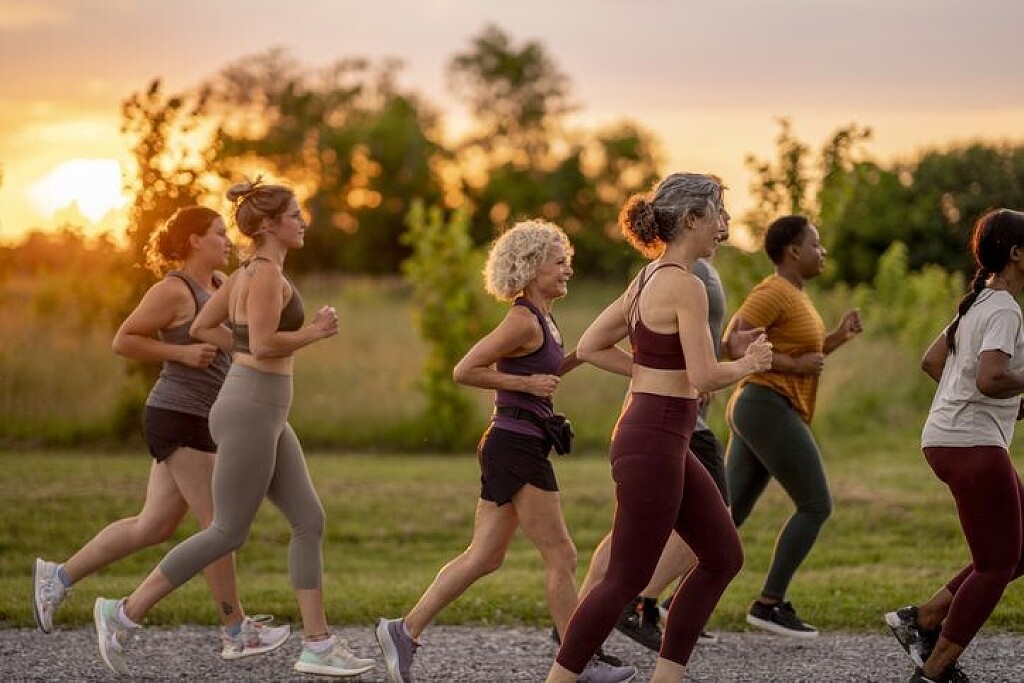Running News Daily
Running News Daily is edited by Bob Anderson. Send your news items to bob@mybestruns.com Advertising opportunities available. Train the Kenyan Way at KATA Kenya and Portugal owned and operated by Bob Anderson. Be sure to catch our movie A Long Run the movie KATA Running Camps and KATA Potato Farms - 31 now open in Kenya! https://kata.ke/
Index to Daily Posts · Sign Up For Updates · Run The World Feed
Is running better than walking? New research says yes
Exercise of any kind has both physical and mental health benefits, and walking is a fantastic way to get your aerobic engine going. But is running even better? Researchers suggest walkers looking to reap even more benefits may want to move just a little bit more quickly, The New York Times recently reported. Here’s what you need to know to win all the walking vs. running debates with your friends.
How scientists calculate benefits
There are two factors researchers consider when looking at the health benefits of an activity: the effect on your fitness (how a workout improves the efficiency of your heart and lungs) and whether the activity increases longevity. VO2 max, a measurement of how much oxygen your body uses during regular exercise, is a helpful standard for assessing fitness and predicting life span.

Any movement is better than none when it comes to VO2 max, but moderate activity, including faster walking, is better: picking up the pace helps your heart and lungs become more efficient. Taking that effort level up a notch, to vigorous, will increase the rewards of exercise in less time.
Running equals efficiency plus energy

Running is simply more efficient than walking, Dr. Duck-chul Lee, a professor of physical activity epidemiology at Iowa State University, explains. Running also requires more energy and power than walking, since it involves a series of bounds.
In a study out of Taiwan, scientists concluded that regular five-minute runs equaled 15-minute walks as far as boosting longevity. Participants who completed 25-minute runs, or 105-minute walks, had a 35 per cent lower risk of dying in the following eight years. Dr. Lee and his team similarly discovered that regular runners, even very slow ones, were 30 per cent more fit than walkers, and had a 30 per cent lower risk of dying over the next 15 years.
Don’t be ashamed of your walk breaks
Do you enjoy walk breaks or hiking as a component of your running routine? Don’t rush to eliminate them, or feel discouraged. Dr. Lee suggests looking at walking and running as being on a continuum. “The biggest benefit occurs when moving from none to a little” exercise, he says. Consistency is key for walking or running, and once an established routine is in place, adding some vigorous boosts in pace to your routine will multiply the benefits.
by Keeley Milne
Login to leave a comment




